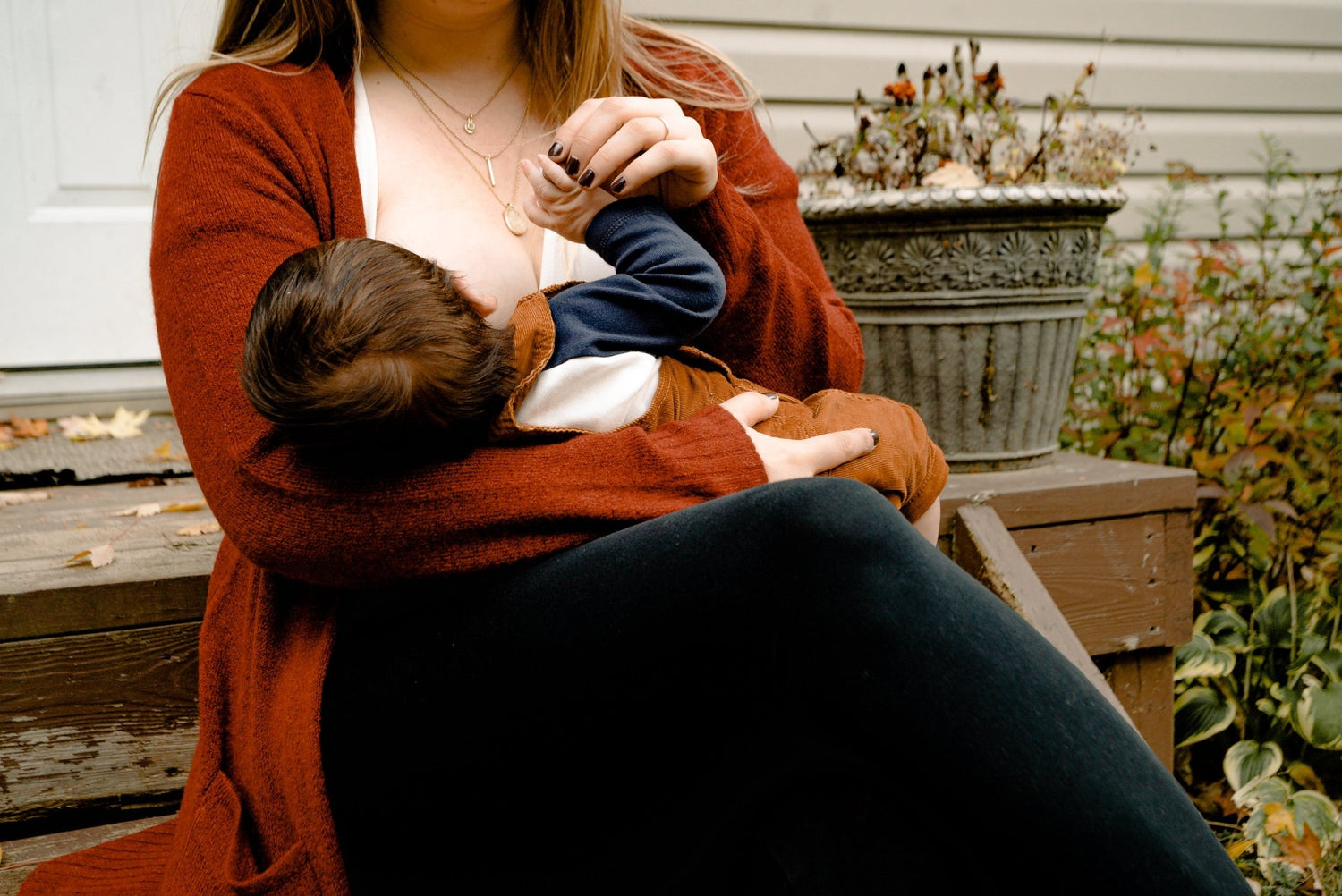What sleep regressions occur in the second year of life?
Congratulations! Your baby's first birthday is already behind you and your baby has now become a real toddler. Maybe you've gotten through all the developmental leaps so far without any major impact on your child's sleep. The cause of sleep regression is a developmental leap. But you may also be wondering when the sleep regressions will finally end. If this question concerns you, you can rest assured because in the second year of life there are only two sleep regressions. These take place at around 18 months of age and around the 2nd birthday.
| Table of contents: |
1. What happens during the 18-month regression?
At around 17 to 19 months, major mental developments take place in your child. Your child recognizes his own self. This means that he sees himself as his own individual and also mom and dad as independent people within the family. This development also heralds the beginning of the autonomy phase.
The changed perception is quite challenging for your child. The words “I” (or third-person language), “no,” “self,” and “alone” will become your child's favorite words at this stage. During the autonomy phase, it often finds itself in a conflict: it wants to do many things itself, but can't do it (yet). It wants to have a say, but then can't decide. At first it wants more and then suddenly it doesn't. It is curious and inquisitive, but doesn't dare. Your child is constantly pushing his limits, but also the limits of others. Conflicts are often the result. Conflicts with yourself, but also with other people such as parents or other children. This is pretty frustrating – for everyone involved. With so much contradiction, it's no wonder your child is overwhelmed by his emotions. It feels anger, annoyance, but also fear and seems to be out of balance.
The need for sleep is often reduced during this phase, so that your child is not yet tired enough to sleep in the evening. Maybe a day's sleep has already been missed. Your child may be tired, but at the same time everything is so exciting that he or she is afraid of missing something and has a hard time detaching from the day. Some children try to buy time before going to bed by remembering something they need to do beforehand, such as drinking a glass of water, having another bottle of milk, or eating something else.
Your child has also learned that he can initiate actions with his will. It wants to have a say and, for example, look at one book in the evening and then another, etc. This also makes falling asleep challenging for many parents, as their reserves are used up after a long day and need to be recharged.
Due to the reduced need for sleep, the days become longer and richer in experiences. Your child's vocabulary continues to grow and his understanding of language improves. This means that he already understands a lot of what is said in his presence. Your child is developing in leaps and bounds and there are a lot of things they process while they sleep that can make their sleep more restless.
You can find out how to get through the 18-month regression well in our tips for sleep regressions.
2. What happens during the 24-month regression?
Your second birthday is approaching and you feel like your life has come together quite nicely. Your child takes a regular nap and maybe you can take a little more time for yourself. But suddenly your child starts waking up more often at night and naps are no longer a given.
Around the second birthday, sleep can become restless again. During this time, your child will develop his motor skills a step further and can now run and begin to climb and jump. You may have also noticed that your child is playing with more concentration and is sometimes completely absorbed in their game. During this time, many children begin fantasy play, in which your child primarily imitates everyday situations.
Language also continues to develop and your child may already be able to formulate their first short sentences. These developments are once again making life far too exciting to sleep on. Some children therefore skip their afternoon nap during this time. This often means that they are completely tired in the evening and it takes a long time to get to sleep. During this time, other children find it difficult to detach themselves from the day in the evening. Then you definitely have to build a tower, put together a puzzle or drink a glass of water before going to bed.
Increasing independence can lead to separation anxiety again, so your child needs more reassurance again. This means that your child's sleep can become more restless and he or she will need your help more often at night to stay asleep by making sure that you are there afterward.
You can find out how to get through the 24-month regression well in our tips for sleep regressions.
Guest article by Jana and Linda from Schlaf gut Mini:
Instagram: Schlafgutmini_baby Schlaf
Website: www. Schlafgutmini.de





